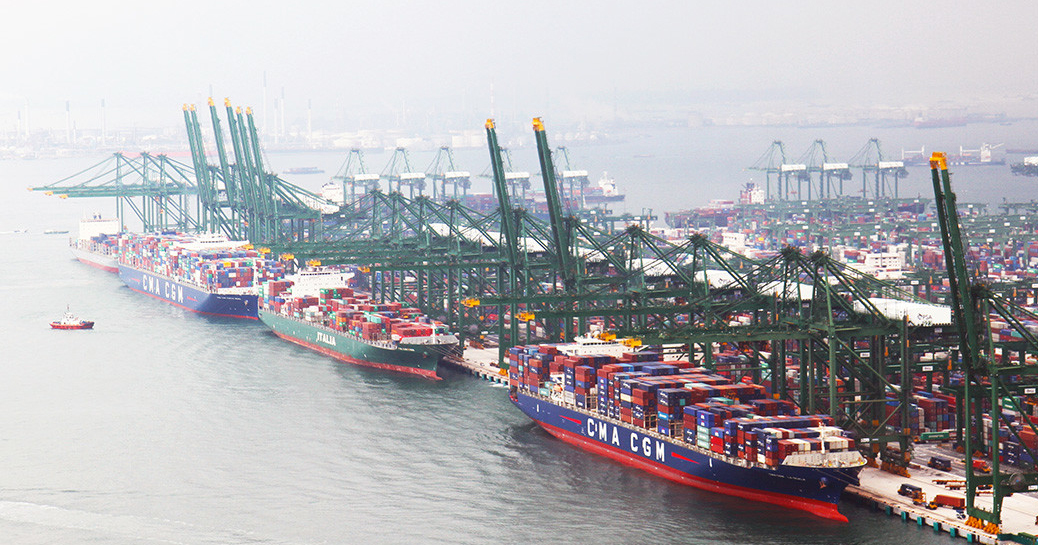The Ministry of Trade and Industry (MTI) recently announced advance estimates that Singapore's economy grew by just 0.7 per cent in 2019, slower than the growth of 3.1 per cent recorded in 2018.
This was due to a "volatile year" for the global economy in 2019, explained Trade and Industry Minister Chan Chun Sing in Parliament on Jan. 6.
Volatile 2019
Chan outlined the global uncertainties, including the trade war between China and the U.S. and the UK's Brexit from the European Union.
These significantly impacted Singapore's economy, which recorded a drop of 10.1 per cent in non-oil domestic exports, on a year-on-year basis between Jan. and Nov. 2019.
However, despite these troubles, Chan noted some hopeful signs.
For instance, the U.S. and China, which Chan called the most important bilateral relationship for the world, managed to avoid further tariff hikes in Dec. 2019 and announced "Phase 1" of a trade deal on Jan. 15, leading to hopes of a resolution to the Trump-Xi trade war.
As for the UK, the "immediate impact" of Brexit is likely to be limited, as the UK will functionally be treated as a member state of the European Union (EU) until Dec. 31, 2020.
This means it remains party to the EU's international agreements, including the EU-Singapore Free Trade Agreement (FTA), which just came into force. The UK and Singapore are also working on an economic agreement to maintain economic relations after the FTA no longer applies.
In addition, the International Monetary Fund (IMF) estimates Asia's growth to stand at 5.1 per cent in the coming year, and Southeast Asia's digital economy is expected to exceed US$300 billion by 2025.
With these signs, Chan said that MTI expects Singapore's Gross Domestic Product (GDP) to pick up modestly to 0.5 per cent to 2.5 per cent in 2020 due to an uptick in global economic growth, and a gradual recovery in the global electronics cycle.
Unhappiness over inequality
However, Chan also made the point that the uncertainties were not unrelated.
They are "manifestations of a deeper unhappiness over the inequitable distribution of gains from globalisation, and a concern that tomorrow will not be better than today".
Chan said that the multilateral trading system, which has underpinned decades of economic integration and free trade, is under "significant stress".
Singapore's strategies
To combat this trend and help fuel growth, Chan outlined three strategies that the government has in place.
The first was strengthening Singapore's fundamentals and unique selling points, such as our rule of law pro-business environment and skilled workforce.
Second, the government will help the Singapore worker to internationalise and seize opportunities abroad, so business can grow and create more good jobs for Singaporeans.
Third, Singapore is investing in new industries, such as robotics, agri-food and urban mobility, to expand opportunities for Singaporeans at home.
Top image via PSA.
If you like what you read, follow us on Facebook, Instagram, Twitter and Telegram to get the latest updates.
